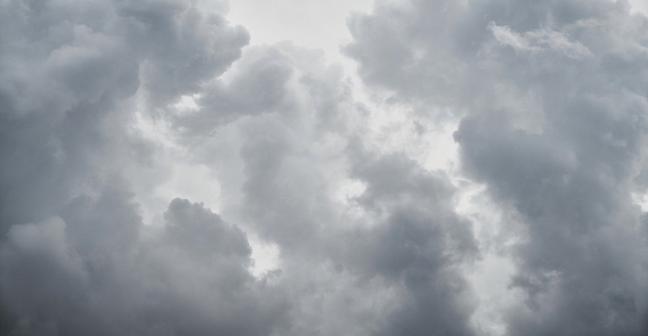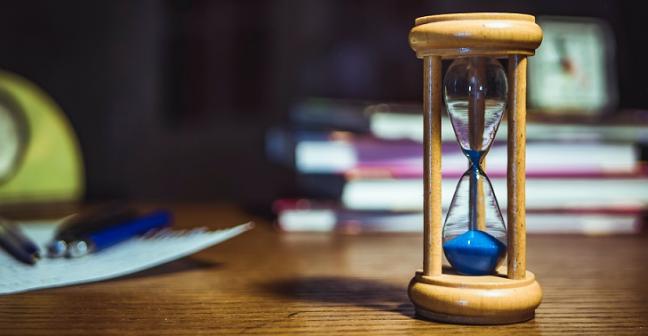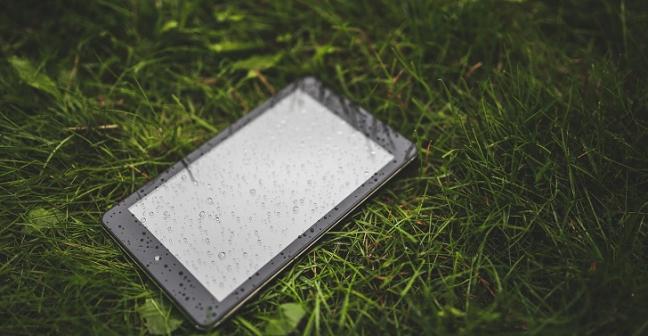Researchers, professionals and members of the IES team provide in depth analysis of news stories, topical issues and emerging science.
Most countries around the world rely on government reference stations to monitor background air quality. Whilst very accurate, they are also very expensive and are normally fixed in position.
In recent years, as more has become known about air quality, we have learnt that not only does it...







